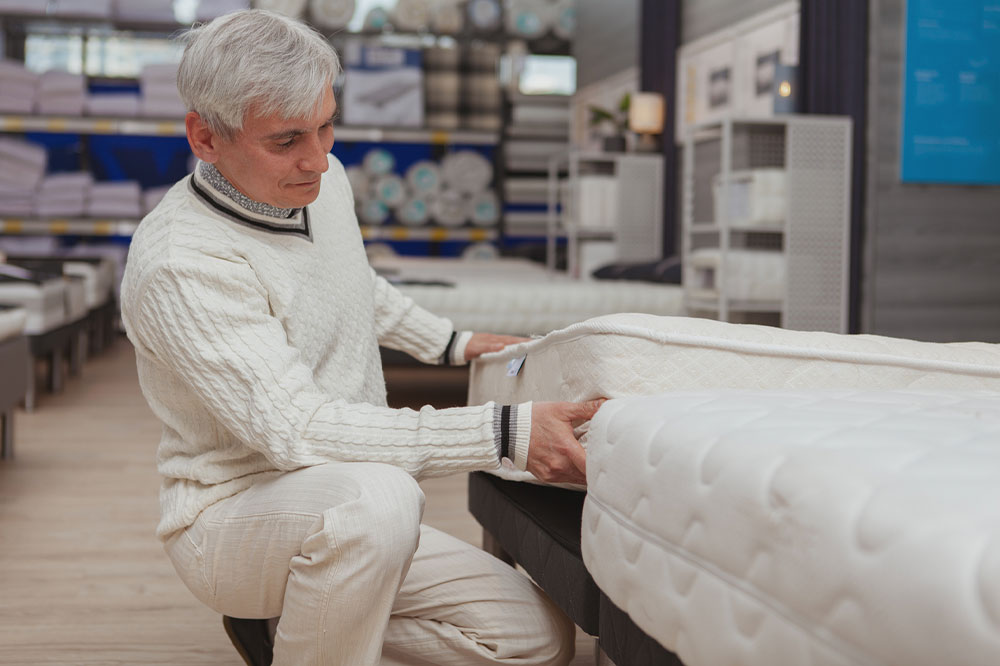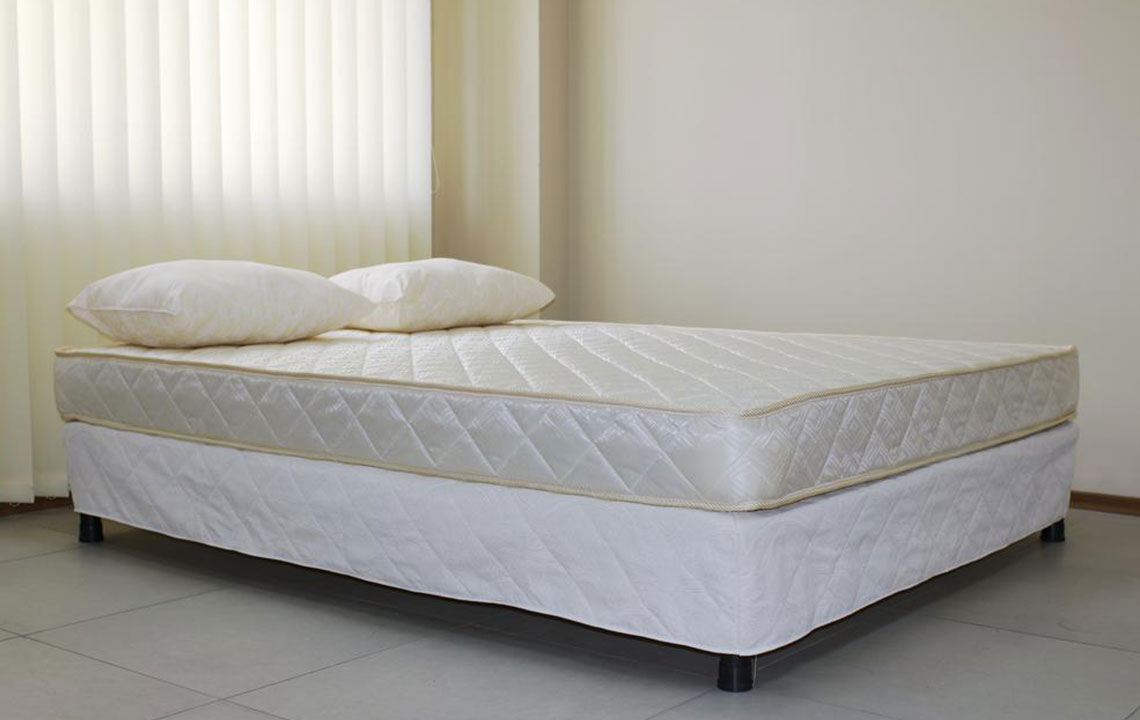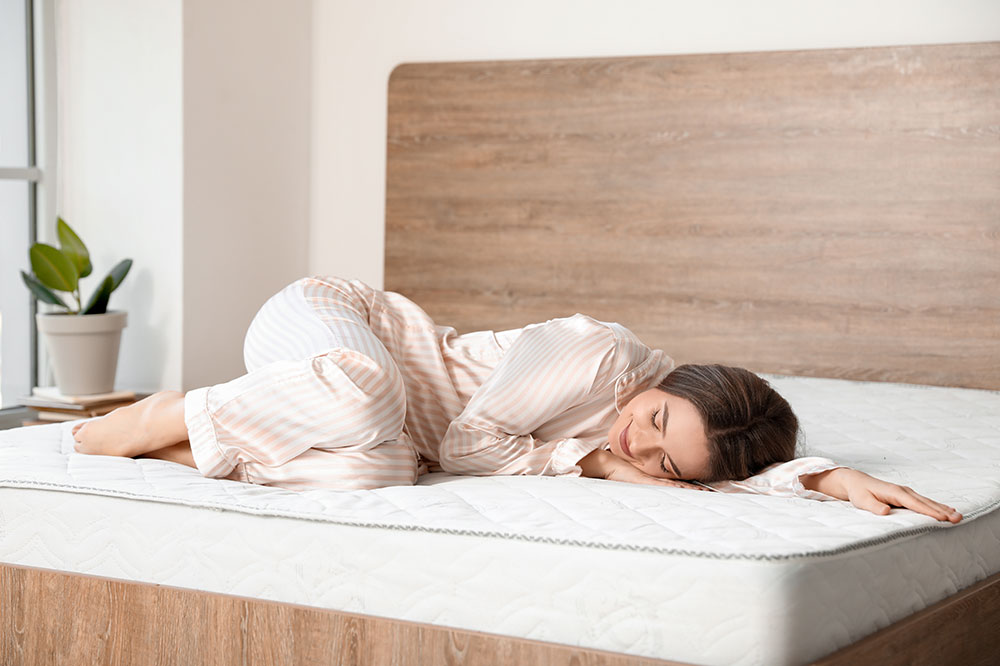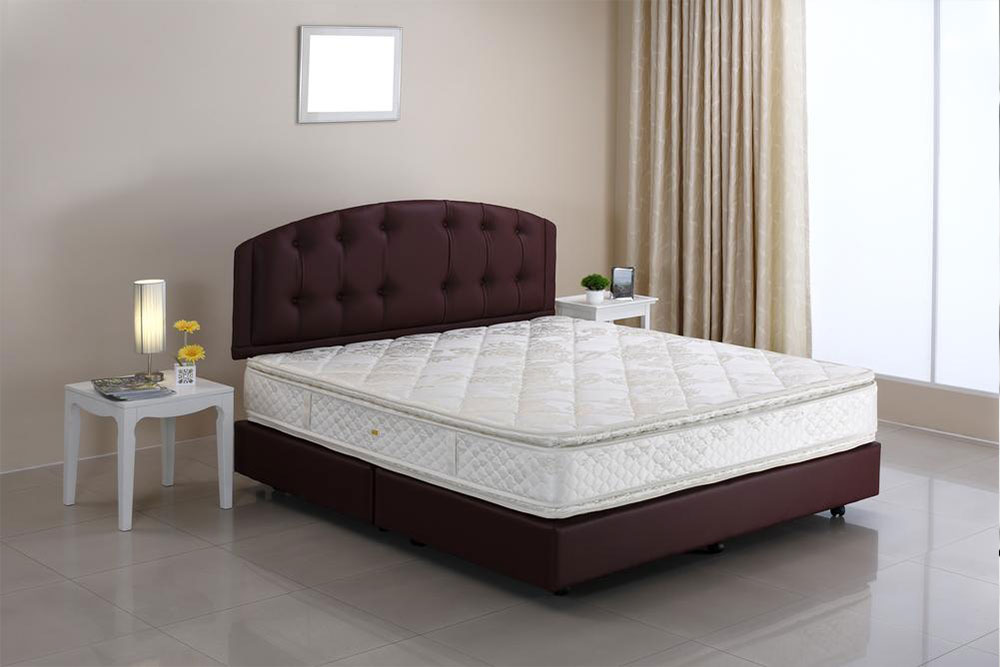Ultimate Guide to Choosing the Perfect Mattress for Senior Comfort and Better Sleep
Discover the ultimate guide to selecting the perfect mattress for seniors, emphasizing support, comfort, and health benefits. Learn about different mattress types like memory foam, latex, waterbeds, and more, with tips for choosing the right fit for mobility, back pain, and pressure relief. This comprehensive article offers expert advice on avoiding common mistakes, understanding material options, and ensuring restful sleep for seniors. Improve your quality of life with insights into the best mattresses tailored specifically for elderly comfort and health.

Comprehensive Guide to Selecting the Best Mattress for Older Adults
For seniors, a good night's sleep is essential for maintaining health, mobility, and overall well-being. One of the most critical factors influencing sleep quality is the mattress. As we age, our spinal health, joint comfort, and pressure point sensitivities change, making it vital to select a mattress that offers optimal support and comfort. A well-chosen mattress can significantly reduce back pain, ease pressure points, and promote restful sleep, which is crucial for seniors dealing with health issues such as arthritis, osteoporosis, or limited mobility.
Understanding the importance of quality sleep for seniors
Sleep is fundamental to health at any age, but for seniors, it takes on added significance. Proper rest supports immune function, helps manage chronic conditions, boosts mood, and enhances cognitive performance. Unfortunately, many older adults experience sleep disruptions, due in part to uncomfortable mattresses that do not cater to their changing anatomical needs. Addressing these concerns starts with choosing the right mattress tailored specifically for senior comfort and support.
Different mattress types suitable for seniors
Medium-Firm Mattresses
One of the most recommended options for seniors is medium-firm mattresses. These provide a balanced firmness that prevents the mattress from being too soft or too hard. This equilibrium offers the support necessary to keep the spine properly aligned during sleep while still cushioning pressure points on the shoulders, hips, and joints. Medium-firm mattresses are especially effective in reducing back pain and improving overall comfort, making them a favorite among orthopedic specialists and sleep experts for mature adults.
Memory foam mattresses
Memory foam is celebrated for its exceptional ability to mold to the body's shape, providing consistent support across pressure points. For seniors with back pain, arthritis, or joint discomfort, memory foam mattresses can significantly alleviate symptoms by redistributing weight evenly and reducing pressure on sensitive areas. Modern memory foam options often include cooling technologies to prevent overheating during sleep, adding another layer of comfort suitable for elderly users.
Latex mattresses
Constructed from natural or synthetic rubber, latex mattresses offer a resilient yet supportive sleeping surface. Their inherent firmness and responsiveness help maintain spinal alignment, particularly beneficial for seniors dealing with back issues. Latex is also naturally hypoallergenic, resistant to dust mites and mold, making it ideal for seniors with allergies or respiratory concerns. Additionally, latex mattresses tend to have longer lifespans, providing sustained comfort over many years.
Waterbed mattresses
Waterbeds utilize a flowing water base to distribute body weight evenly, significantly reducing pressure points and supporting the natural curve of the spine. They are particularly beneficial for seniors with limited mobility or those suffering from pressure ulcers, as they promote better blood circulation. Waterbeds can be customized for firmness by adjusting water levels, ensuring optimal support tailored to individual needs. Their soothing motion can also help ease anxiety and promote relaxation before sleep.
Additional mattress options for seniors
Futon mattresses
Futon mattresses are traditionally thin, firm, and highly supportive, making them suitable for preventing back strain. When choosing a futon for senior use, opt for models that do not sag and provide adequate thickness for comfort. These mattresses also promote better breathability, helping to regulate temperature and reduce sweating during sleep, thereby increasing overall comfort for older adults.
Air mattresses
High-quality air mattresses equipped with adjustable pressure systems are excellent options for seniors with specific medical needs. These systems enable precise control over firmness, providing adaptive support that responds to the body's position throughout the night. They are especially useful in hospital or care home settings and for seniors who require customized support to relieve pressure, improve circulation, or aid in recovery from health conditions.
Key considerations when selecting a senior-friendly mattress
Material quality, firmness level, and adjustability
Choosing materials that offer both comfort and durability is essential. Opt for high-quality foams, natural latex, or hybrid options that combine support and softness. The mattress should have adjustable firmness levels or features that allow customization, catering to individual preferences and health needs. This flexibility is particularly important for seniors with limited mobility or specific medical conditions.
Reputation and reliability of brands
Invest time in researching reputable brands known for quality, safety, and customer satisfaction. Comparing product features, warranties, and reviews can help identify the best value options combining affordability and high standards. Trusted brands often include certifications that ensure safety, breathability, and hypoallergenic properties—crucial factors for senior health.
Understanding materials for better decision-making
Educating oneself about different mattress materials helps in selecting a product that aligns with health needs. For example, memory foam absorbs movement, making it suitable for light sleepers, while latex provides bounce and responsiveness, ideal for those who change positions frequently. Light-sensitive or allergy-prone seniors benefit from hypoallergenic choices like natural latex or certain memory foam formulations.
Special considerations for back and joint problems
For seniors with existing arthritis, osteoporosis, or chronic back pain, medium to firm mattresses that contour to the body's shape are critical. Adaptive mattresses with firm support zones and pressure-relieving features help alleviate discomfort and promote proper spinal alignment. Always consult with healthcare providers to select the best mattress that complements existing treatments and addresses specific health concerns.
Avoiding common mistakes in mattress selection
Choosing the wrong size
Incorrect mattress sizing can lead to discomfort and sleep disturbances. It’s essential to select a size that accommodates height and mobility needs—larger sizes like king or California king for taller seniors, or twin and full sizes for smaller individuals. Proper size ensures freedom of movement and reduces the risk of accidental falls or discomfort caused by limited space.
Ignoring body type and weight distribution
Heavier individuals may require firmer, more supportive mattresses such as latex or hybrid models, which better distribute weight and prevent sagging. Conversely, lighter sleepers might prefer softer options like memory foam for conforming support. Considering body type ensures the mattress provides necessary pressure relief and durability.
Neglecting sleep position and support needs
Sleep position influences mattress choice; back sleepers benefit from supportive foam or hybrids, while side sleepers need conforming foam to relieve pressure on hips and shoulders. Stomach sleepers should look for slightly firmer options to maintain spinal alignment. Tailoring support based on sleep posture enhances comfort and reduces pain.





